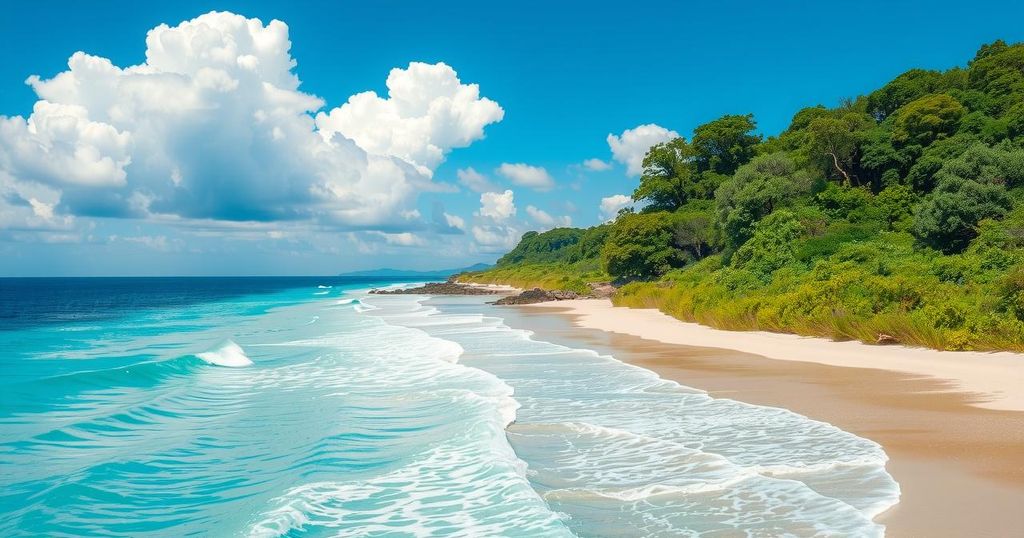Executive Order No. 143, issued by President Joseph Boakai in February 2025, aims to protect Liberia’s Beachfronts, Waterways, and Wetlands through the establishment of a Taskforce. The Order addresses pollution and ecosystem degradation while aligning with the Ramsar Convention’s conservation goals. Urgent action and collaboration among citizens and government entities are essential for safeguarding Liberia’s natural resources.
On February 24, 2025, President Joseph Nyuma Boakai issued Executive Order No. 143, aimed at protecting Liberia’s Beachfronts, Waterways, and Wetlands. This initiative reflects his administration’s commitment to conservation, environmental sustainability, and public health. The Executive Order establishes a Taskforce to address escalating issues such as pollution, erosion, and the impacts of climate change on these vital ecosystems.
The Order emphasizes the urgent need to combat the unchecked encroachment and pollution affecting Liberia’s coastal and wetland environments. President Boakai noted the significant risks this poses to ecosystems and the livelihoods of Liberians. Evidence of these challenges is apparent in the degradation visible in the country’s nine coastal counties.
To ensure the Taskforce’s effectiveness, the Executive Order outlines specific Terms of Reference (TOR), which include halting the degradation of wetlands, implementing restoration measures, enforcing regulations, and documenting violations. It also calls for greater public awareness of the importance of environmental preservation and collaboration among local authorities and the Environmental Protection Agency (EPA).
The composition of the Taskforce is strategic, featuring leadership from the EPA and the Liberia Land Authority, alongside contributions from other governmental bodies and local municipalities. This collaborative effort aims to address the serious environmental challenges faced due to climate change-related pressures.
Furthermore, Executive Order No. 143 aligns with Liberia’s commitment to the Ramsar Convention on Wetlands, enhancing enforcement mechanisms for wetland conservation. The President’s directive aims to establish Liberia as a leader in environmental governance and resilience against climate change, urging all citizens to engage in protecting their natural heritage.
While the Executive Order represents a significant step towards environmental protection, there is a palpable need for urgent action. Issues such as illegal dumping, sand mining, and the filling of wetlands for development must be addressed effectively to safeguard Liberia’s ecological integrity. Immediate steps need to be taken to prevent further degradation of these invaluable resources and ensure a sustainable future for generations to come.
In light of this, the Ramsar Convention, which Liberia joined in 2003, underscores the importance of wetlands for biodiversity and climate mitigation. Liberia has designated key wetland sites that contribute to global conservation efforts, and the local and international community must collectively adhere to responsible management practices.
In summary, Executive Order No. 143 issued by President Joseph Nyuma Boakai signifies a critical step towards the protection of Liberia’s coastal and wetland environments. However, while the framework and intent are commendable, there is an urgent necessity for tangible actions to enforce these measures against environmental degradation. The collaborative efforts called for by the President must be swiftly implemented to mitigate the ongoing threats to Liberia’s ecosystems, thereby ensuring their sustainability for future generations. The overlap with the Ramsar Convention further emphasizes the importance of this initiative in a global context, calling for collective responsibility in environmental governance.
Original Source: frontpageafricaonline.com






